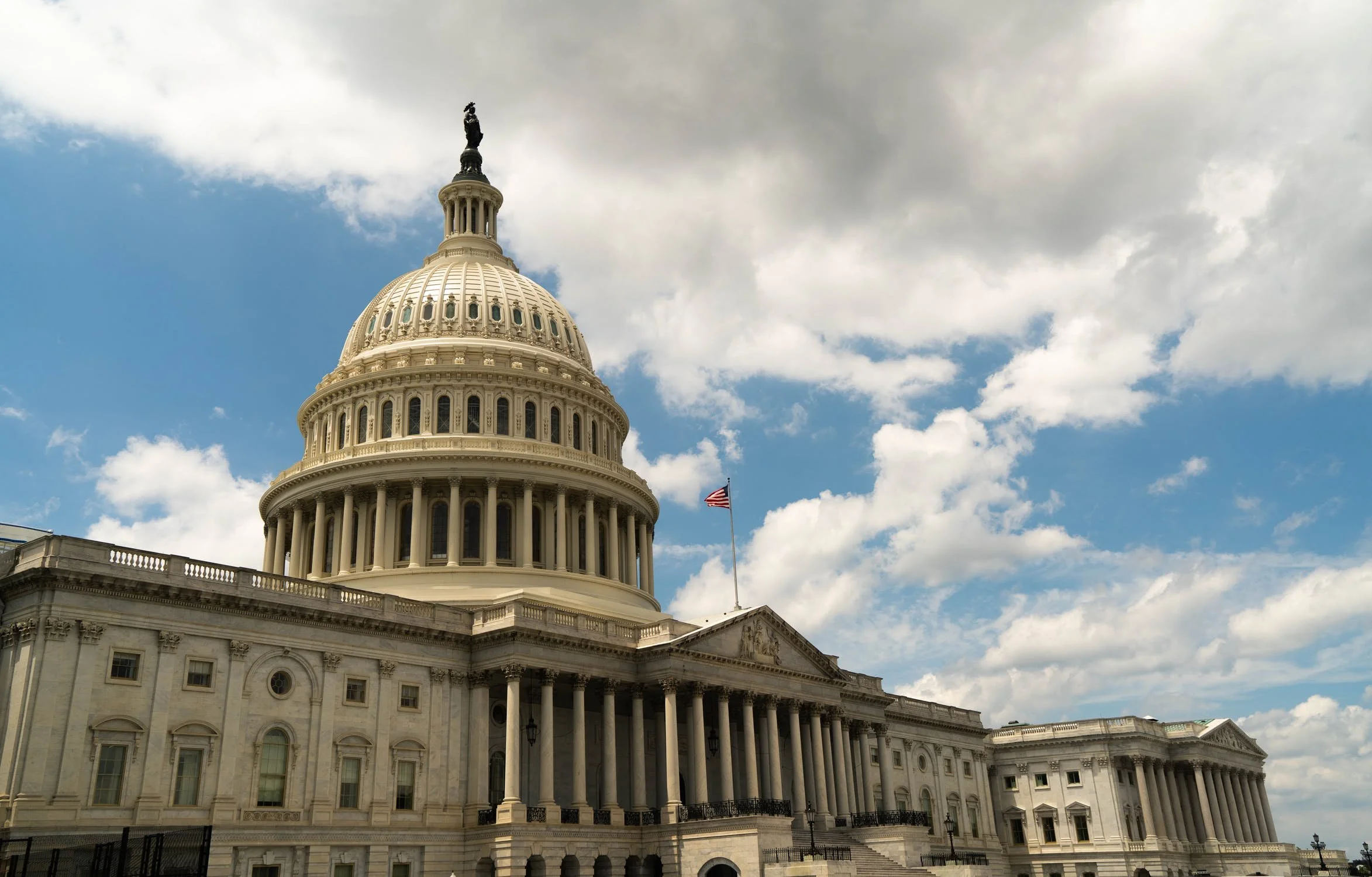Congressional Democrats Anticipate Cuts to Biden’s Social Spending Bill Amid Party Disputes
Congressional Democrats prepare to make cuts to President Biden’s "Build Back Better" bill amid internal disputes over the bill’s cost. Thomas Lin via Pexels.com
Democrats in Congress, while struggling to push forward their sweeping social spending bill amid infighting over its price tag and policy scope, are preparing to scale back the $3.5 trillion proposal to salvage the future of President Biden’s “Build Back Better” agenda.
House Speaker Nancy Pelosi (D-Calif.) signaled during an October 12 press conference that congressional Democrats could cut pieces out of the social safety net and climate proposal in order to appease centrists, though this could risk losing crucial support from progressives. In addressing the likelihood that the party’s landmark bill will be scaled back, Pelosi noted that the legislation will still be “transformative” and “will produce results”.
“The fact is that if there are fewer dollars to spend, there are choices to be made,” Pelosi said during the press conference. “And the members have said ‘let's get the results that we need,’ but we will not diminish the transformative nature of what it is.”
As initially outlined, the multi-trillion dollar proposal at the core of Biden’s domestic agenda would expand childcare and Medicare, combat climate change and invest in education to create universal pre-K and fund two free years of community college. Much of the spending would be financed through tax hikes on the wealthy and corporations.
Pelosi did not indicate which components of the legislation could be cut, and noted that members of her caucus aimed to include all of the bill’s components but could scale back the years of guaranteed funding in the bill to cut costs. The leader of the Congressional Progressive Caucus, Rep. Pramila Jayapal (D-Wash.), has also said that the party would rather authorize the programs for fewer years than cut some fully to decrease costs.
“We’re not going to pit child care against climate change,” said Jayapal, indicating the difficulty congressional Democrats would face in deciding where to make cuts. “We’re not going to pit seniors against young people.”
Democrats are aiming to pass the bill through the reconciliation process — which allows them to push through legislation with only a simple majority — but still, the party cannot spare any support in the Senate and can lose only 3 votes in the House.
In remarks to house liberals, Biden has acknowledged that Democrats will likely need to accept a bill dramatically smaller in scope than the original proposal with a price tag closer to $2 trillion. Though the legislation will need to be slashed in order to gain the backing of spending-weary Senators Joe Manchin III (D- W.Va.) and Kyrsten Sinema (D- Ariz.), Biden noted that even at a reduced level, the bill would still be making “historic” investments.
As congressional leadership aims to secure the votes of the chamber’s two most conservative Democrats, the party’s more progressive members are fiercely defending components of the bill that they see as non-negotiable, like the proposal to expand Medicare to include dental, vision and hearing benefits.
“Every poll I have seen indicates there is massive support for [the bill] and the provisions that are in it,” said Sen. Bernie Sanders (I-Vt.). He later added, “we are prepared to negotiate, we are prepared to compromise, but we are not going to negotiate with ourselves.”
While congressional Democrats work to quell internal disputes over the bill’s costs and policy implications, they note that part of their problem is a media focus on the price tag of the reconciliation bill rather than its potential benefits on Americans. A recent CBS News poll found that most Americans don’t know any of the specifics of Biden’s “Build Back Better” plan, and that more had heard about the bill’s $3.5 trillion figure and proposed taxes on the wealthy than the actual content of the legislation. Only 10% said they knew a lot about the specifics of the bill.
Despite a general lack of knowledge on Biden’s domestic agenda, the poll shows that the major components of the bill — lowering prescription drug prices, expanded Medicare coverage, paid family and medical leave and universal pre-K — have overwhelming public support.
